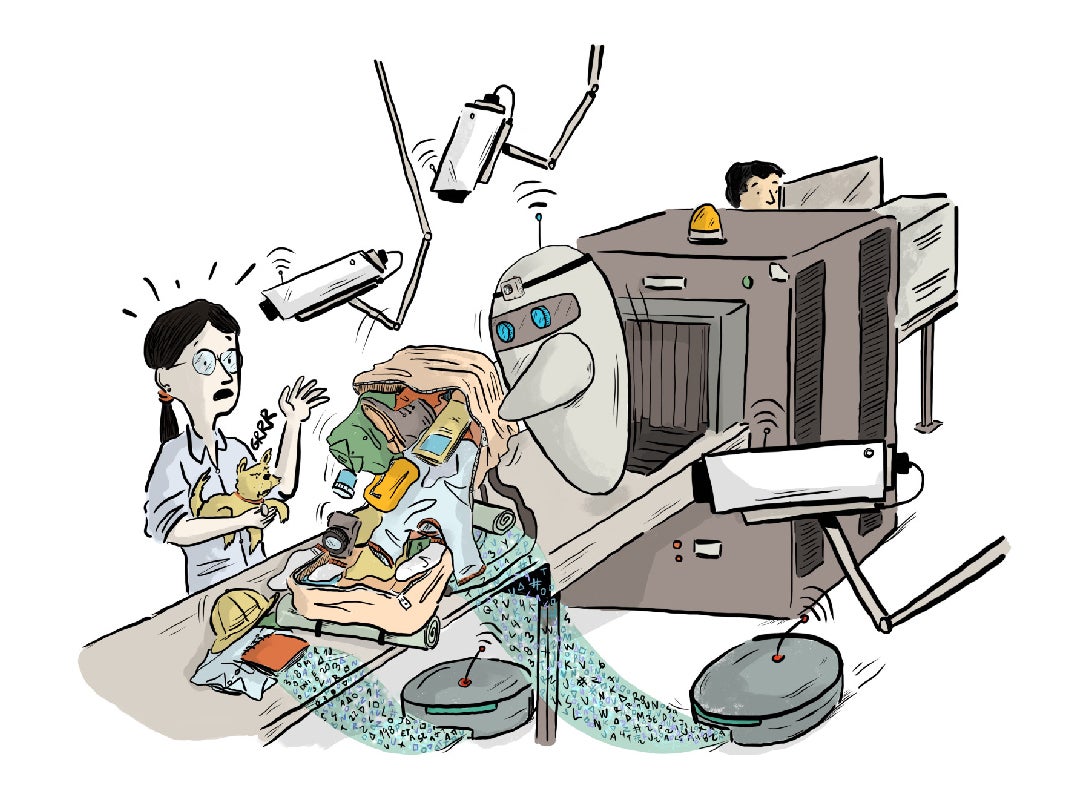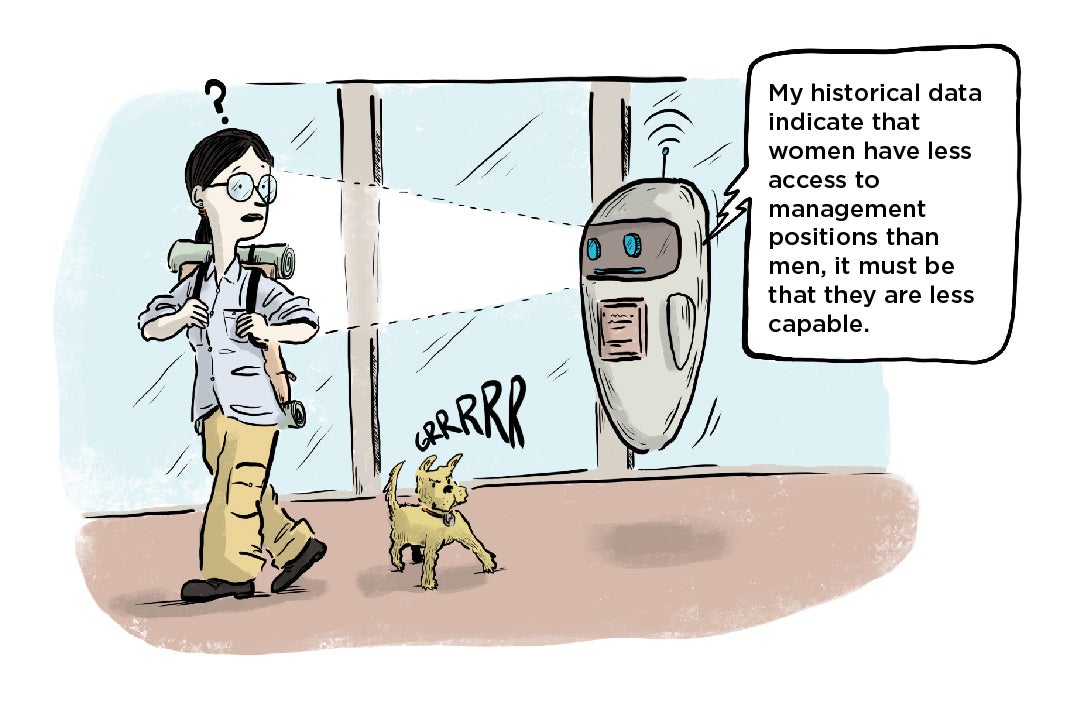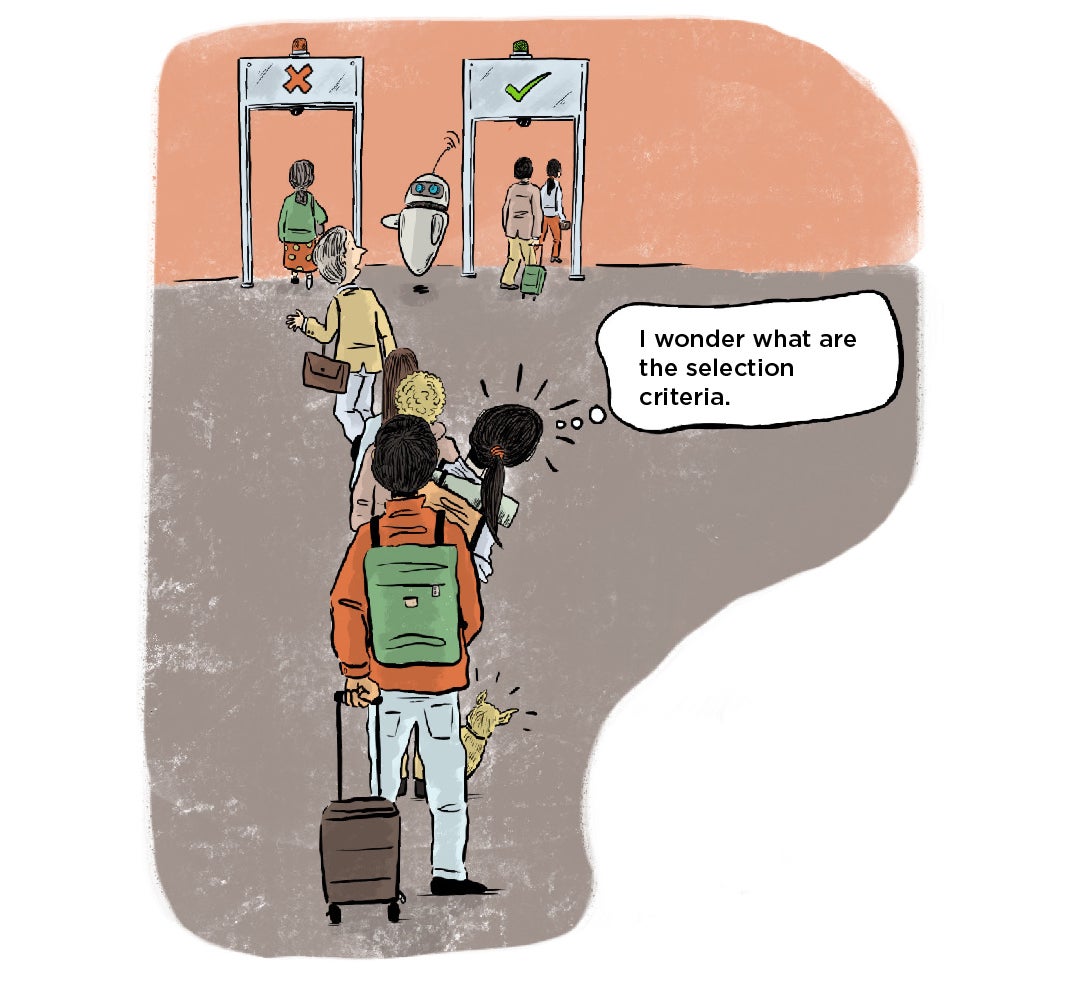
The Internet knows you better than your own family or your friends. Almost without realizing it, every day we generate thousands of personal data that are uploaded to the Internet: where we have been, to whom we have sent a message, what music we have heard or what searches we have done. Even those that we would like to remain in the privacy of our history.
All this information is processed and added to the servers of the companies whose digital products you use. They are used, if you did not know, to generate a virtual model of who you are. By knowing more detailed information, companies can offer personalized services and therefore more valuable to you: show ads related to your interests, anticipate your steps and further segment your purchasing decisions.
Thanks to the massive volume of data and advances such as artificial intelligence, these processes have become extremely effective, but do we really know what data companies and governments have about us and how are they using them?
In the case of Latin America and the Caribbean, governments are experiencing a digital transformation at an accelerated pace. A clear example is the city of Rio de Janeiro, which in 2010 created an operations center, unique at the time, where it integrated data from 30 agencies that operate throughout the entire city. The objective? Have more and better information to be more effective in making decisions. Another example is that of Colombia, where the Ministry of Education and Higher Education institutions implemented a process aimed at determining the causes of school dropouts for university students.
However, governments that do not yet implement these innovations should not be tempted to adopt them quickly, unless they have considered the risks they entail. "Citizens do not really know the implications of giving their data," says Cristina Pombo, Social Sector Advisor at the Inter-American Development Bank (IDB). "It's fine that we want to customize the services, but let's do it responsibly, and we do not collect data just to do it."
¿Qué es la ciberseguridad?¿Qué es la ciberseguridad? http://Iad.bg/5XtA30j7Wq9
Posted by Banco Interamericano de Desarrollo on Friday, March 23, 2018
What are the main ethical risks?
1. Privacy
The right to privacy is recognized in many constitutions in the region. It is not only about guaranteeing the security and legality of the data, but also those in charge of collecting and processing the data must request the consent of the users, and in case they are to be shared, guarantee anonymity to avoid the evil use of third parties.
For example, the mismanagement of a Mexican political party in 2016 caused the personal data of 93.4 million people over the age of 18 - such as name, surname, address and others - to be exposed unprotected on the Internet for months.

2. Inequality
The predictive capacity of Artificial Intelligence is based on learning from data that are in the past. These data are usually imperfect and sometimes reflect the biases of the people who collected them. If we do not want the models to be discriminatory, it is necessary to identify and correct these biases.
In the United States, for example, a tool used by judges to estimate the risk of recidivism was assigning almost twice as many probabilities to black individuals. This, given that the model is based on historical data on incarceration that take into account, among other factors, skin color.

3. Opacity
Citizens should be informed about what data are collected, how they are stored, analyzed or what decisions are made and based on what factors, and if necessary, allow the algorithms to be audited.
A case that is generating a lot of discussion is the issue of facial recognition. Technology is far from perfect, and sometimes identifies people who are not. In cities like San Francisco, in the United States, they have decided to prohibit the use of this technology by the police. In Chile, the Investigative Police has put in place a facial recognition system to prevent crime through cameras installed in public places, but it does not indicate what will happen when a person who did not commit it is identified as the perpetrator of a crime.

A new social contract
Governments can treat and manage some of the population's personal data such as tax information or properties. However, when it comes to predictive models or policies of great impact, it is necessary that there is a social contract that generates trust between those who provide the data and those who manage it.
"Our goal is to open a debate to reflect on the ethical use of data, with the aim of having models applied for the benefit of citizens," says César Buenadicha, lead specialist at IDB Lab, the Inter-American Development Bank’s innovation laboratory "We must ensure that all this is done for a social good and always taking into account the most vulnerable."
A good example to follow is that of the European Union. In 2018, the General Data Protection Regulation (GDPR) came into force, which establishes six basic principles on the handling of personal data. Today, this regulation has become a world standard.
Video: What is the GDPR?
Unlike Europe, at present there are no national or regional strategies in Latin America and the Caribbean for the responsible use of data in the public sector, its potential and its risks, or how to generate a relationship of trust with citizens. .
That is why from the Social Sector of the IDB we analyze different frames of reference already existing around the world on the responsible management of data. From this research we have created a manual that not only synthesizes the best practices, but also offers a road map with concrete steps for responsible data management by the public sector.
In addition, we are preparing a regional initiative known as fAIr LAC, whose objective is to accelerate the responsible adoption of Artificial Intelligence by the governments of Latin America and the Caribbean. The initiative will have a pilot program - in collaboration with the Government of Jalisco, the Technological Institute of Monterrey and C Minds, among other partners - that will develop practical experiences of the use of artificial intelligence for social impact.
If you want to know more about the responsible use of the massive data and the artificial intelligence, download for free the manual and the comic here!